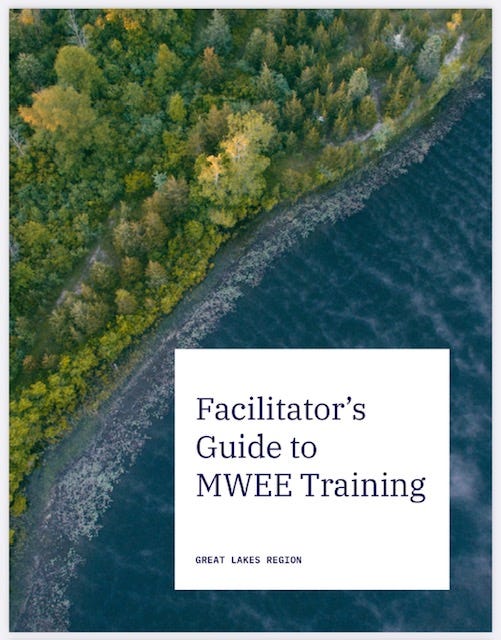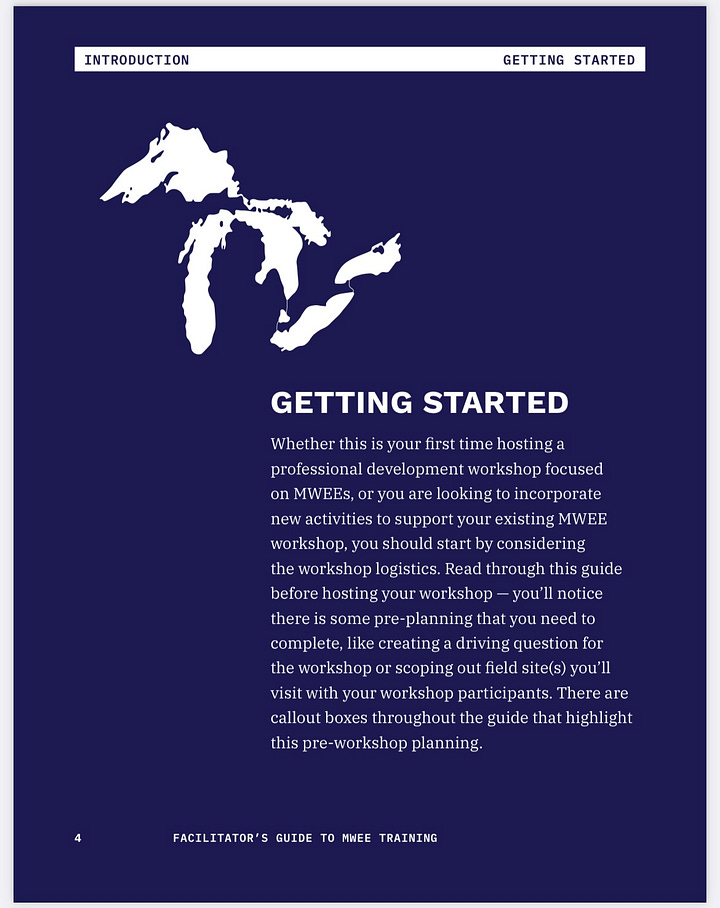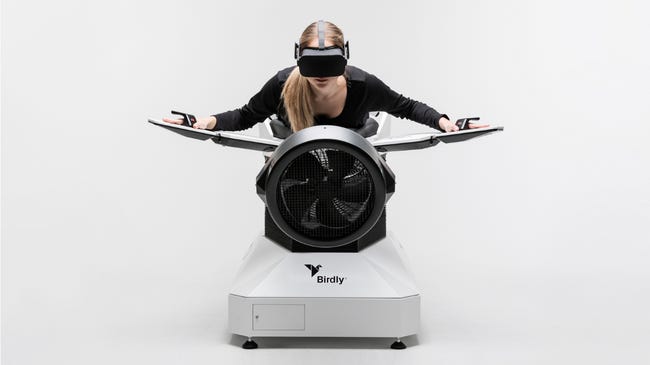Four Trends in Informal STEM Education that We’ll See in 2023
Welcome to the February 2023 edition of the Improved Insights Newsletter: a newsletter for folks in informal STEM learning spaces who want to learn more about how to measure and communicate the impacts of their work.
I’m Sarah M. Dunifon - a long-time STEM educator, evaluator, and equity advocate. After spending time working in museums, nonprofits, and higher education, I now work on cutting-edge informal STEM learning research and evaluation with my team at Improved Insights. We specialize in informal STEM learning and youth programs.
This monthly newsletter includes tips, resources, and news on informal STEM learning evaluation. We hope you find it valuable! Now, let’s get started —
Four Trends in Informal STEM Education that We’ll See in 2023
Think back to the informal learning of your youth. Maybe a museum field trip comes to mind? Or perhaps you’re picturing being out in the woods, using field guides to identify birds? While there are plenty of similarities between those experiences and informal learning experiences today, there are also some really interesting developments that we should keep our eyes on.
In this month's newsletter, we'll talk about (1) the incorporation of innovative technology, (2) community-centric models, (3) a focus on workforce development, and (4) exploring research and evaluation methods. To read the full article, check it out in our Insights. In the meantime, here’s a taste:
Incorporation of Innovative Technology
By now you’ve likely heard of the progress being made in AI (artificial intelligence) technology (and if you haven’t, check out last month’s blog post). Platforms like ChatGPT and Google Bard are coming in quickly to change the ways we work. These technologies will likely impact our own workflow in ISE more so than our programs and other offerings - at least for now. Programs like Motion offer us the ability to use AI to better plan and execute our tasks. This year, we’re likely to see ISE professionals tinkering with these types of tools and figuring out how to best apply them to their practice. ISE organizations may also be starting to think about company policies regarding AI and how staff can be encouraged or discouraged from using AI tools in their workflows.
Another way we will see AI incorporated into ISE is through educational programs and organizations that are supporting the development of AI skills and abilities in today’s learners. The AI Education Project for example offers educators free curriculum that “creates equitable learning experiences that excite and empower students with AI literacy.” Educators, policymakers, and ISE leaders should all be thinking about the incoming disruption of AI on many workforces and how we can equip learners to navigate our new technological future.
VR (virtual reality) in ISE is another area we’re likely to see develop in 2023. While VR technology still has a long way to go to be fully accessible and effective, some ISE organizations are playing with the incorporation of programs and hardware to give learners more immersive learning experiences. On a recent visit to the Cleveland Museum of Natural History, I was excited to see the Birdly flight simulator, an immersive experience that combines haptic engineering, robotics, game design, and biomechanics to allow users to “fly” and interact with environments of their choosing.
New social media technologies are another area we are likely to see ISE movement towards in 2023. While not totally “new,” the platform TikTok has seen tremendous growth in recent years. Users like AsapSCIENCE and alexisnikole (aka the Black Forager) offer bite-sized commentary on ISE topics in video format. Creating and disseminating this content offers users a way to increase the visibility and representation of folks traditionally left out of STEM. It’s an accessible way to get involved in science communication and raise STEM literacy among the general public. Of course, TikTok has been criticized for the spread of misinformation, so ISE organizations interested in diving deeper into these waters will need to consider how to combat misinformation, and build critical thinking and data literacy skills.
ii Updates
We’re pleased to have supported NOAA and the Great Lakes Bay Watershed Education and Training (B-WET) program in producing this Facilitator’s Guide to MWEE Training for the Great Lakes region. This project was a two-part evaluation and educational resource development process resulting in this train-the-trainer style guide. Formal and informal educators will find this to be a useful tool in training others on conducting MWEEs with their students. For more information about the MWEE and the B-WET program, head to the NOAA website.


60-Second Suggestions
Here are a few of my favorite things this month, usually pertaining to informal STEM education and evaluation, but occasionally some fun personal stuff, too.
The inaugural “REVISE-ing the Conversation” webinar is being hosted by the new REVISE resource center for the NSF AISL program TODAY, February 28th, from 3:00-4:30pm EST. The webinar aims “to revise the conversation about informal sciences by centering equity and the voices of those in the informal sciences field who have been historically excluded, marginalized, and negatively impacted.”
In lieu of their regular issue, NSTA’s Connected Science Learning has released the e-book, Connected STEM Learning in Research & Practice. The book is the culmination of funding NSTA received to publish articles—grounded in research and evaluation—that empower STEM educators to design and deliver high-quality connected STEM learning experiences.
The National Math and Science Initiative’s (NMSI) New Teacher Academy is offering a blend of in-person events (Atlanta, GA) and virtual support designed to equip first- and second-year middle or high school STEM teachers. NMSI will offer a limited number of full scholarships for new STEM teachers who identify as African American or a person of color, with preference given to HBCU graduates. Early applicants are given preference, so register today!
Did we miss any trends you think we will see in 2023? Let us know in the comments.
Until next time - thanks!




